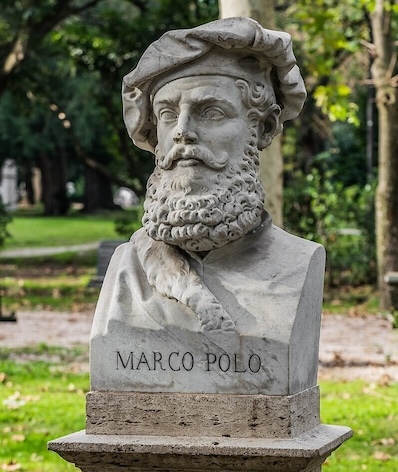1. Ibn Sina (Avicenna) (980–1037 CE)
- Work: "The Canon of Medicine"
- Original Arabic: *“الخاويارمنالحفشهوطعاملهقيمةغذائيةعالية،ويعتبرمنأفخمالأطعمةفيالمنطقة.”*
- Translation: *“Caviar from the sturgeon is a food of high nutritional value and is considered one of the finest delicacies in the region.”*
Avicenna, a Persian scholar, recognized the high value and quality of caviar, reflecting its esteemed status in Persian culture. Though not exclusively about Beluga, this statement reflects the general luxury of Persian caviar.
2. Al-Biruni (973–1048 CE)
- Work: "Kitab al-Hind" (Book of India)
- Original Arabic: *“الكافيارمنسمكالحفشالذييعيشفيبحرقزوينيتمتعبأعلىجودةويعتبرمنأغلىالأطعمةفيهذهالمناطق.”*
- Translation: *“Caviar from sturgeon that live in the Caspian Sea enjoys the highest quality and is considered one of the most expensive foods in these regions.”*
Al-Biruni, a Persian scholar, noted the exceptional quality and high cost of caviar from the Caspian region, emphasizing its luxurious reputation.
3. Marco Polo (1254–1324 CE)
- Work: "The Travels of Marco Polo"
- Original Italian: *“Nei paesi intorno al Mar Caspio, il caviar è molto apprezzato e viene considerato uno dei cibi più pregiati e costosi.”*
- Translation: *“In the lands around the Caspian Sea, caviar is highly valued and is considered one of the most prized and expensive foods.”*
Marco Polo’s observations about the luxury of caviar from the Caspian region highlight its esteemed status, reflecting the broader recognition of Persian caviar’s superiority.

4. Jean-Baptiste de La Quintinie (1626–1688 CE)
- Work: "Instruction for Gardens"
- Original French: *“Le caviar de la Caspienne, réputé pour sa qualité exceptionnelle, est considéré comme le meilleur caviar disponible et est le choix des tables les plus raffinées.”*
- Translation: *“Caviar from the Caspian, renowned for its exceptional quality, is considered the finest caviar available and is the choice for the most refined tables.”*
La Quintinie, a French horticulturist, recognized the superior quality of Caspian caviar, including Beluga, which reflects its esteemed status in European high society.
5. Fynes Moryson (1566–1630 CE)
- Work: "An Itinerary"
- Original English: *“In Persia, the caviar produced is of such exceptional quality that it is highly sought after by the European nobility, considered unmatched by any other.”*
Moryson’s account underscores the superior quality of Persian caviar, noting its high demand among European aristocracy and its unmatched status.
6. Clementine Churchill (1885–1977 CE)
- Work: "The Memoirs of Clementine Churchill"
- Original English: *“At grand dinners, the finest caviar, often of Persian origin, is served, particularly the Beluga variety, known for its supreme quality and flavor.”*
Clementine Churchill's memoirs highlight the luxury and high regard for Persian Beluga caviar, emphasizing its premier status among delicacies.
7. Gaston Bachelard (1884–1962 CE)
- Work: "The Poetics of Space"
- Original French: *“Le caviar Beluga, de la région de la Caspienne, est le summum de la gastronomie, reconnu pour sa finesse et son goût incomparable.”*
- Translation: *“Beluga caviar, from the Caspian region, is the pinnacle of gastronomy, recognized for its fineness and unparalleled taste.”*
Although more focused on philosophy and literature, Bachelard's mention of Beluga caviar reflects its cultural and culinary prestige.

These historical figures provide a vivid picture of the esteem in which Persian caviar, especially the Beluga variety, has been held across different cultures and epochs. Their references underscore the delicacy’s reputation for exceptional quality and luxury, reflecting a longstanding appreciation for Persian caviar's superior status.
These quotations not only highlight the significance of Persian caviar but also illustrate how its reputation for excellence has persisted through centuries, continuing to be a symbol of refinement and opulence.
